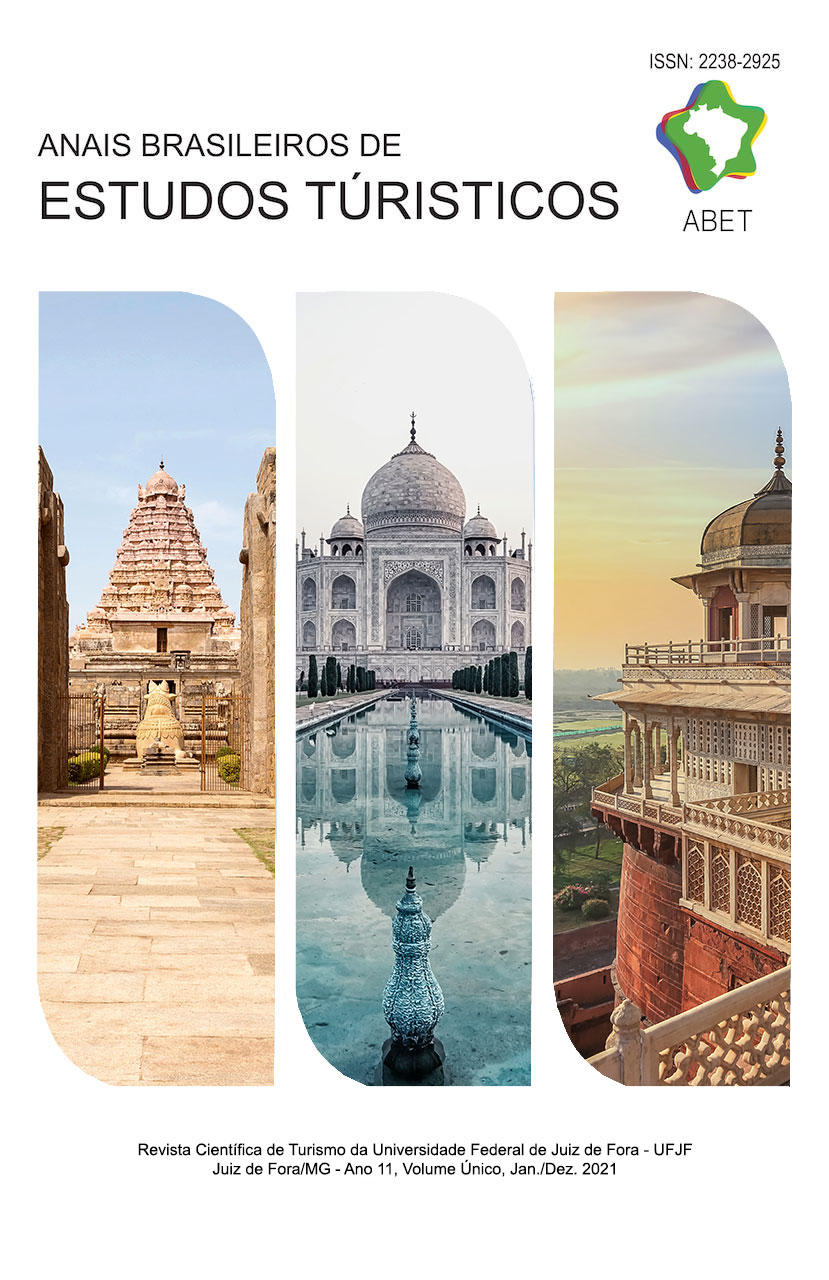Behavior Intention to Adopt IRCTC Application for Railway Ticket Reservation Service: a case study of Goan consumers (India)
DOI:
https://doi.org/10.5281/zenodo.5821131Keywords:
IRCTC Application; UTAUT2; Behaviour Intention; Technology Adoption; Indian Railways.Abstract
Last decade witnessed an increase in usage of internet which led to increase in smartphone usage with various applications developed for making the life of people easy, resulting in dynamic change in the lifestyle of people. One such dynamic change taken place in India is in the area of transport, especially rail travel application started by Indian Railways, namely, Indian Railway Catering and Tourism Corporation (IRCTC) portal. Present paper tries to identify the reason why people consider the IRCTC application as the most reliable application. Model was proposed by adopting the factors from Unified Theory of Acceptance and Use of Technology (UTAUT2) along with an addition of perceived trust as an influencing factor. Data from 193 usable questionnaires was collected from Goa and were tested against the research model. Result indicated that habit, hedonic motivation, performance expectancy, and perceived trust were the main predictors of behavior intention to adopt and use IRCTC application. The proposed model was able to explain 65% variance on behavior intention. It was also found that income moderates the relationship between facilitating condition and behaviour intention. The study also provides valuable insight for the management to improve the IRCTC application in order to motivate customers to adopt and continuously use the services of this application.
Keywords: IRCTC Application; UTAUT2; Behaviour Intention; Technology Adoption; Indian Railways.
Downloads
Downloads
Published
How to Cite
Issue
Section
License
Copyright (c) 2021 Anais Brasileiros de Estudos Turísticos - ABET

This work is licensed under a Creative Commons Attribution 4.0 International License.
This journal provides immediate open access to its content, following the principle that providing free scientific knowledge to the public provides greater democratization of world knowledge.
Authors must agree to the following terms relating to copyrights:
(a) Authors keep all copyright and grant the to the journal the right of first publication, with the work simultaneously licensed under the Creative Commons Attribution License that allowing job sharing with recognition of authorship of the work and initial publication in this journal.
(b) Authors are allowed to assume additional contracts separately, for non-exclusive distribution of the version of the work published in this journal (e.g. publish in institutional repository or book chapter), with recognition of authorship and initial publication in this magazine.
(c) Authors are allowed and are encouraged to publish and distribute their work online (e.g. in institutional repositories or on your personal page) since they do not do this before or during the editorial process, as this can generate productive interchange, as well as increase the impact and citation of work aired. (See Effect of Free Access).















